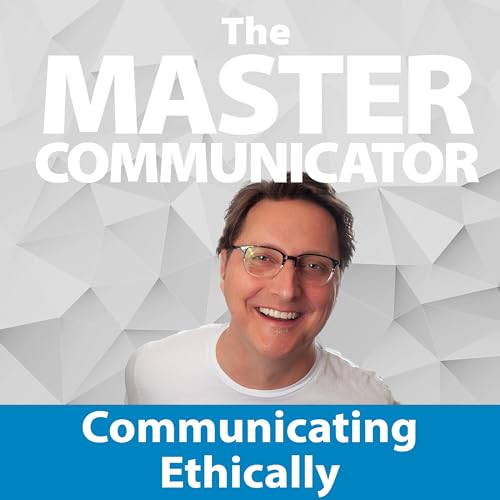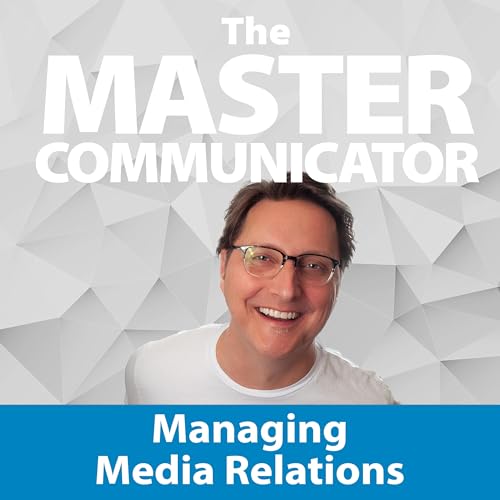In this episode of 'The Master Communicator,' host David Tyler explores the essential skill of inclusive leadership. He explains the importance of inclusive communication in fostering a culture of diversity, equity, and collaboration. Key strategies discussed include actively seeking diverse perspectives, addressing unconscious biases, and using practical tactics to ensure all voices are heard and valued, leading to more innovative and engaged teams.
CHAPTERS
(00:00) Introduction to Inclusive Leadership
(01:19) The Importance of Inclusivity in Leadership
(02:22) Strategies for Actively Seeking Diverse Perspectives
(04:03) Addressing Unconscious Bias in Communication
(06:02) Practical Strategies for Inclusive Communication
(07:16) Conclusion and Final Thoughts
(07:41) Subscribe and Connect with David Tyler
LET'S MEET
Book a 15-minute phone call to discuss your needs here:
https://tidycal.com/davidtyler/15-minute-phone-meeting
Book a 15-minute Zoom call to discuss your needs here:
https://tidycal.com/davidtyler/15-minute-zoom-meeting
What You'll Learn in This Episode:
- How to actively seek diverse perspectives and foster inclusion.
- Ways to address biases that limit open communication.
- The performance benefits of inclusive leadership in team cohesion and innovation.
- Practical strategies to create a work culture where everyone feels empowered to contribute.
Quote of the Episode:
"Real change, enduring change, happens one step at a time." – Ruth Bader Ginsburg
WEBINAR
https://davidtylerspeaks.com/webinar
What Now:
Subscribe to The Master Communicator Newsletter: https://www.davidtylerspeaks.com/newsletter
Follow David online:
Instagram: https://www.instagram.com/davidtylerspeaks
YouTube: https://www.youtube.com/@davidtylerspeaks
Twitter: https://x.com/DavidTylerSPEAK
LinkedIn: https://www.linkedin.com/in/davidtyler/
Don’t forget to subscribe to our podcast and leave a review. Share this episode with your network to help others learn effective crisis communication strategies.
Contact Information:
Email: david@davidtylerspeaks.com
Email: booking@davidtylerspeaks.com (Arrange Speaking Engagements)
Website: https://www.davidtylerspeaks.com
Credits and Acknowledgments: Special thanks to BouDa Sync Music for our theme and production music. https://www.boudasyncmusic.com
See Privacy Policy at https://art19.com/privacy and California Privacy Notice at https://art19.com/privacy#do-not-sell-my-info.
 8 分
8 分 2025/04/018 分
2025/04/018 分 2025/03/259 分
2025/03/259 分 2025/03/188 分
2025/03/188 分 2025/03/119 分
2025/03/119 分 2025/03/048 分
2025/03/048 分 2025/02/259 分
2025/02/259 分 2025/02/188 分
2025/02/188 分
